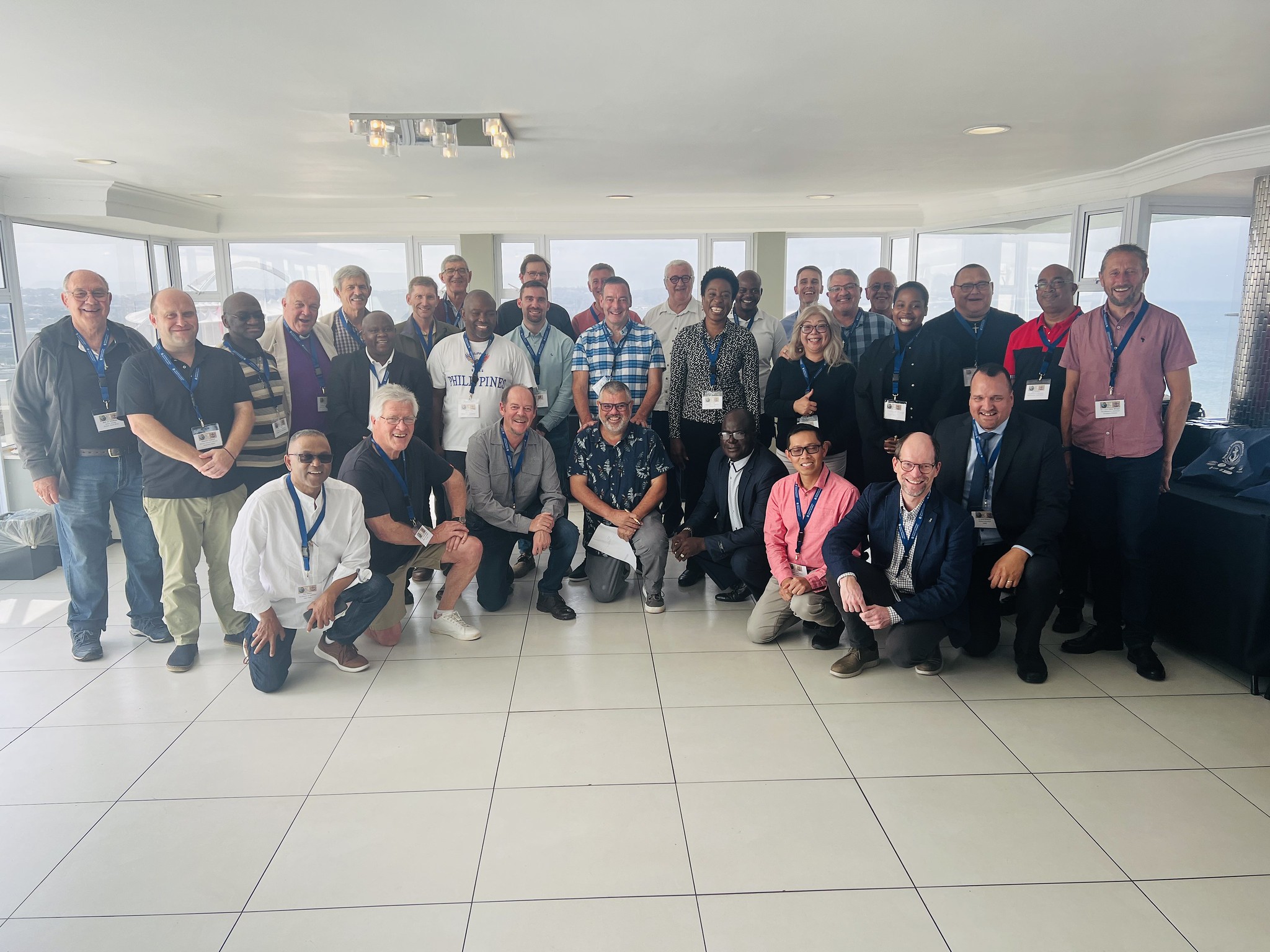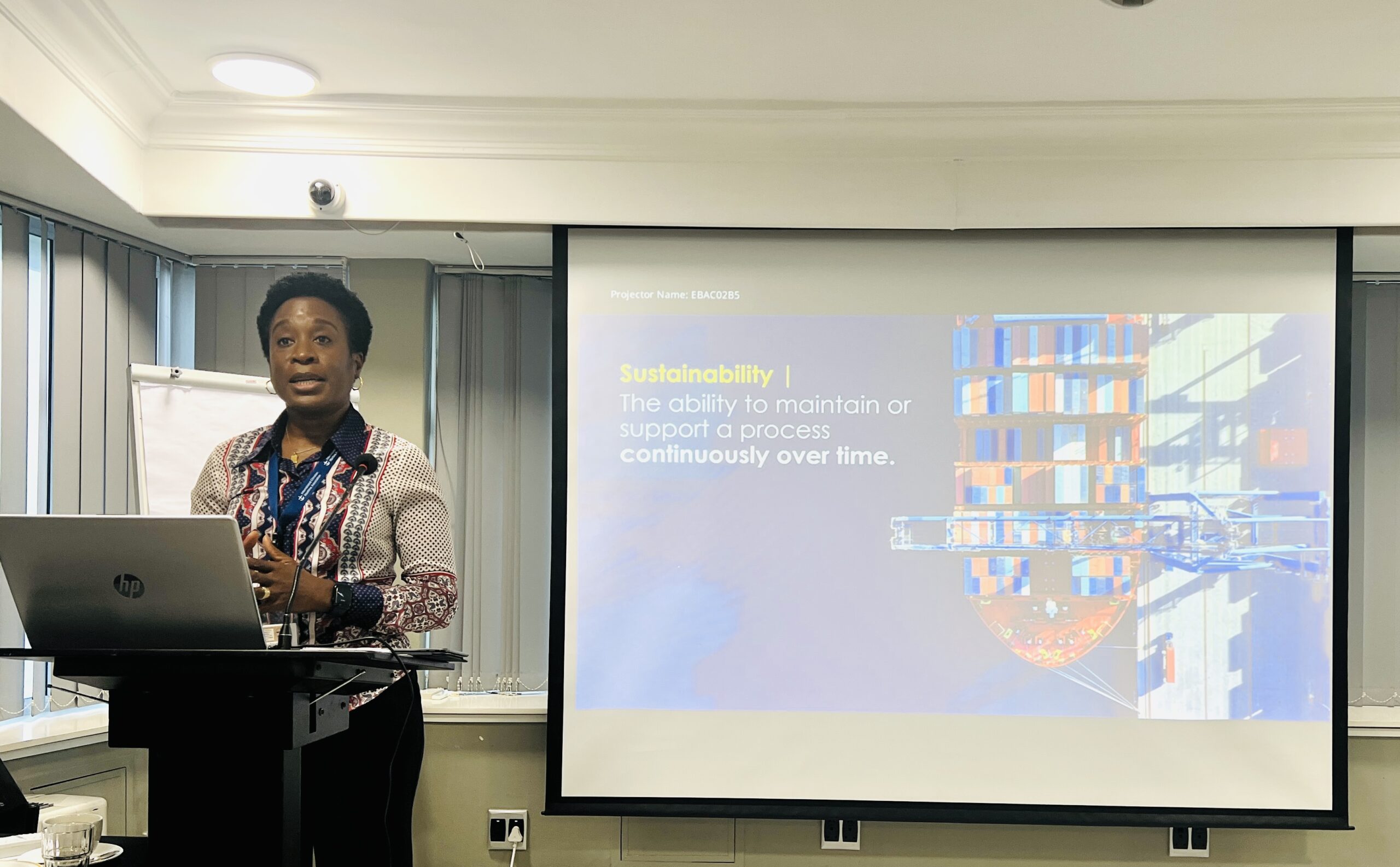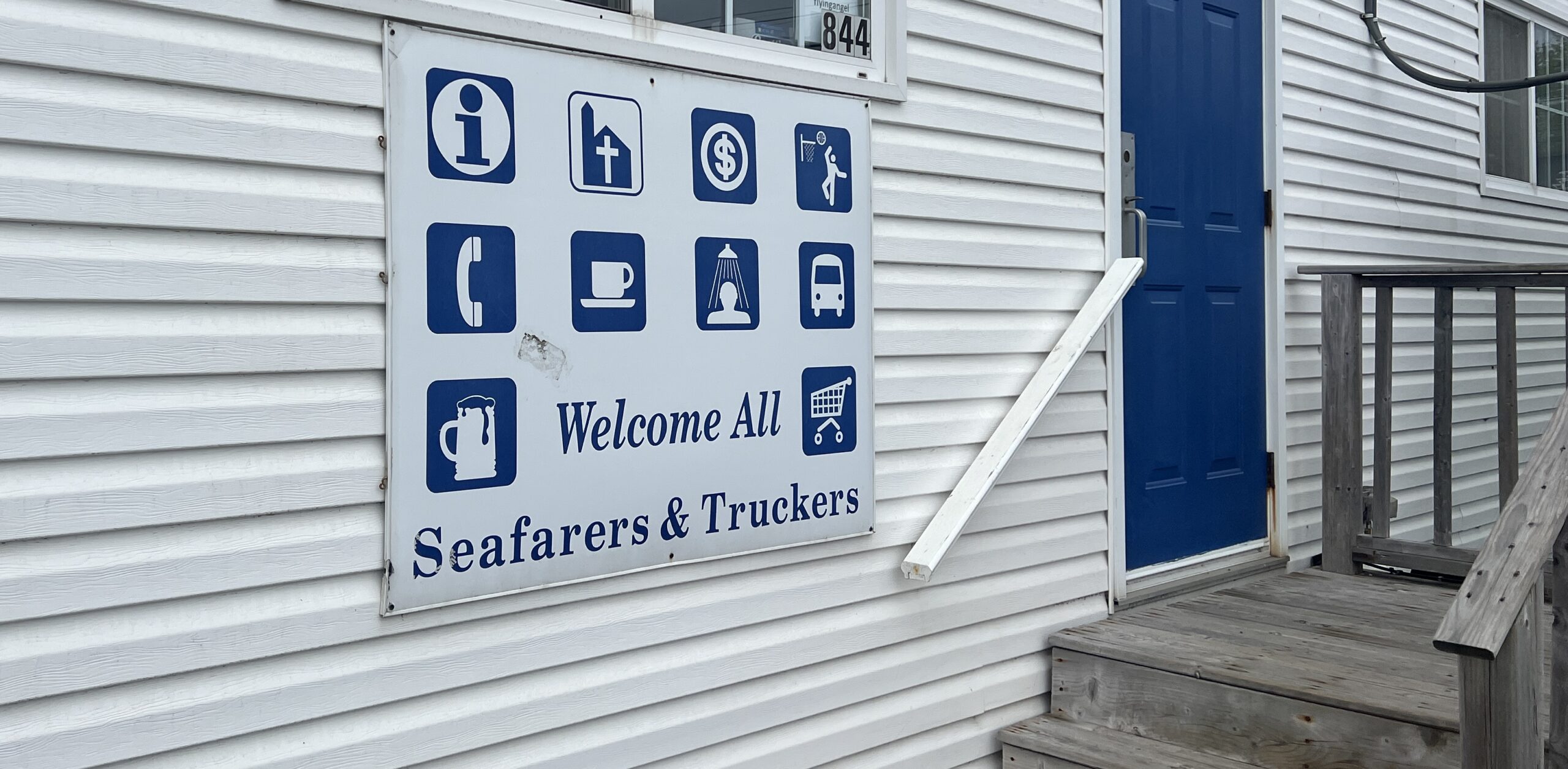by Susan Huppert, NAMMA
An international outreach to seafarers celebrates 100 years of consistent service and care across the globe. The valuable convergence of Stella Maris worldwide workers was slated for October 4 in its birthplace: Glasgow, Scotland, this year. Due to COVID-19 the event has been postponed. The accomplishments remain noteworthy.
The Centenary theme: “Remembering the Past, Celebrating the Present, Charting the Future,” will take place in a much simpler way through electronic meetings and internet gatherings. Representatives from almost every continent can join in recalling their past history and accomplishments.
The Catholic network, previously referred to as Apostleship of the Sea, began during the 1920s when seafarers were more exclusively British. Sailors filled large hostels where hundreds of volunteers would provide rest and entertainment as seafarers waited for vessels to sail. The opportunity grew and by 1945 there were 80 centers offering pastoral care and welfare services.
Sister Joanna Okereke, National Director of the Apostleship of the Sea in the United States speculates: “When those who saw the ships and the sailors in the beginning, perhaps they thought, ‘why don’t we meet these people and welcome them. Why don’t we show the love of Christ and provide charity?’”
We need to look back and rejoice at what has come of that [history],” said Okereke. “That is the essence of this celebration. In this time, we give thanks to God because seafarers are people and reaching out to them is a sign of bringing hope.”
The society of Catholic men and women, defined themselves as a mission united together in prayer and work for the greater glory of God, and the spiritual welfare of seafarers throughout the world.
In 1952, the Stella Maris head office relocated to Rome where the care of seafarers now falls under the direction of the Dicastery for Integral Human Development.
The original imprint of caring for others continues to permeated generations of workers who seek to meet the needs of this congregation at sea. A hefty measure of volunteers from local parishes, have helped Stella Maris become the largest ship visiting network in the world. The longevity is due to multiple facts including an awareness of a vital humanitarian need and the joy of serving others.
“It is spiritually rewarding,” said Deacon Paul Rosenblum, Port Chaplain for the Diocese of Charleston, S.C. “Serving is an act of obedience to love our neighbors. We have an obligation to assist those in need. People who begin working with seafarers tend to stick with it.”
Rosenblum also serves as the Stella Maris North American-Caribbean Regional Director. He suggests that the Stella Maris long term history is due to the personal benefit to those who get involved.
“I think all Christians have that imbedded in their hearts to reach out,” said Deacon John Archer, who joined the Stella Maris ministry three years ago. “I love it.”
Growth comes through challenges as well. A shortage of priests presented a problem as the ministry grew. As a result, extending some tasks to deacons and lay workers in the field of port ministry has been encouraged by Rome, increasing seafarer’s access to spiritual care.
The present day ecumenical approach to ministry, sharing centers and administrative tasks, and focusing on similarities rather than differences provides a direct benefit to seafarers.
“I do not focus on showing ourselves as distinctive to others,” said Father Andrew Thuraisingam, Stella Maris National Director in Canada. “It is our maximum possible effort to make no difference among us and our ecumenical partners.”
While networking with the Baptist port chaplain in Mobile, Ala., Archer, suggested using the Liturgy of the Word as a spiritual experience on board. Filipino seafarers, in particular, are accustomed to the structured format.
“It brings them comfort in a way they are familiar with,” said Archer.
“For the seafarer, if he wants Mass, this needs to be respected,” said Thuraisingam, the 17-year chaplain in Montreal. “We need to find ways to continue to connect them with their faith – Hindu or Muslim. This is a freedom of their own. I respect that.”
Seafarers recognize Stella Maris as a place of care and safety. The universal name helps Catholic seafarers identify with their faith community. More broadly, it provides a sense of comfort to all who visit in over 300 ports across the 41 countries.
For Catholics, keeping your faith traditions is very important. Alongside the dangers distinctive to seafaring are the personal challenges these workers contend with. Knowing their specific faith system helps chaplains and ship visitors meet specific needs. Providing opportunities for confession, rosaries, or prayer guides say to them, “you matter” according to Okereke. She suggests a chapel is an important space for seafarers considering their long stints of absence from church.
“Being away from your faith traditions makes you feel lost,” she said. “Being present, sharing love and celebrating Mass are important. Whether on a ship or in another setting, a designated chapel area in centers for spiritual renewal helps. Seafarers are refreshed by this.”
Stella Maris is a strong partner with other port ministries. The various outreaches may have different emphasis, but caring for seafarers is universal.
Catholic or not, seafarers worldwide have indicated over the years that they trust Stella Maris.
Image: Stella Maris participants at the 2019 NAMMA Annual Conference in Charleston, SC





